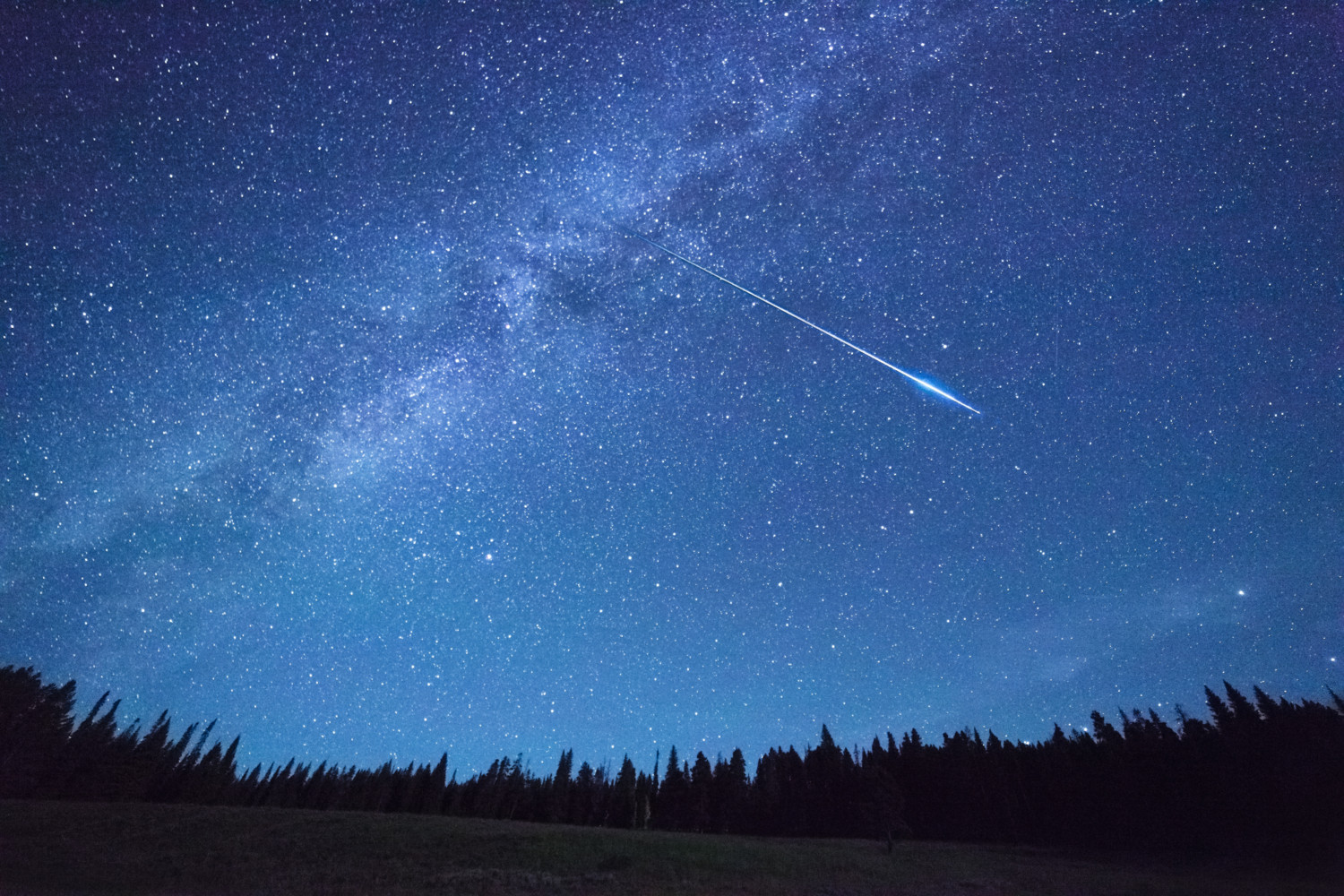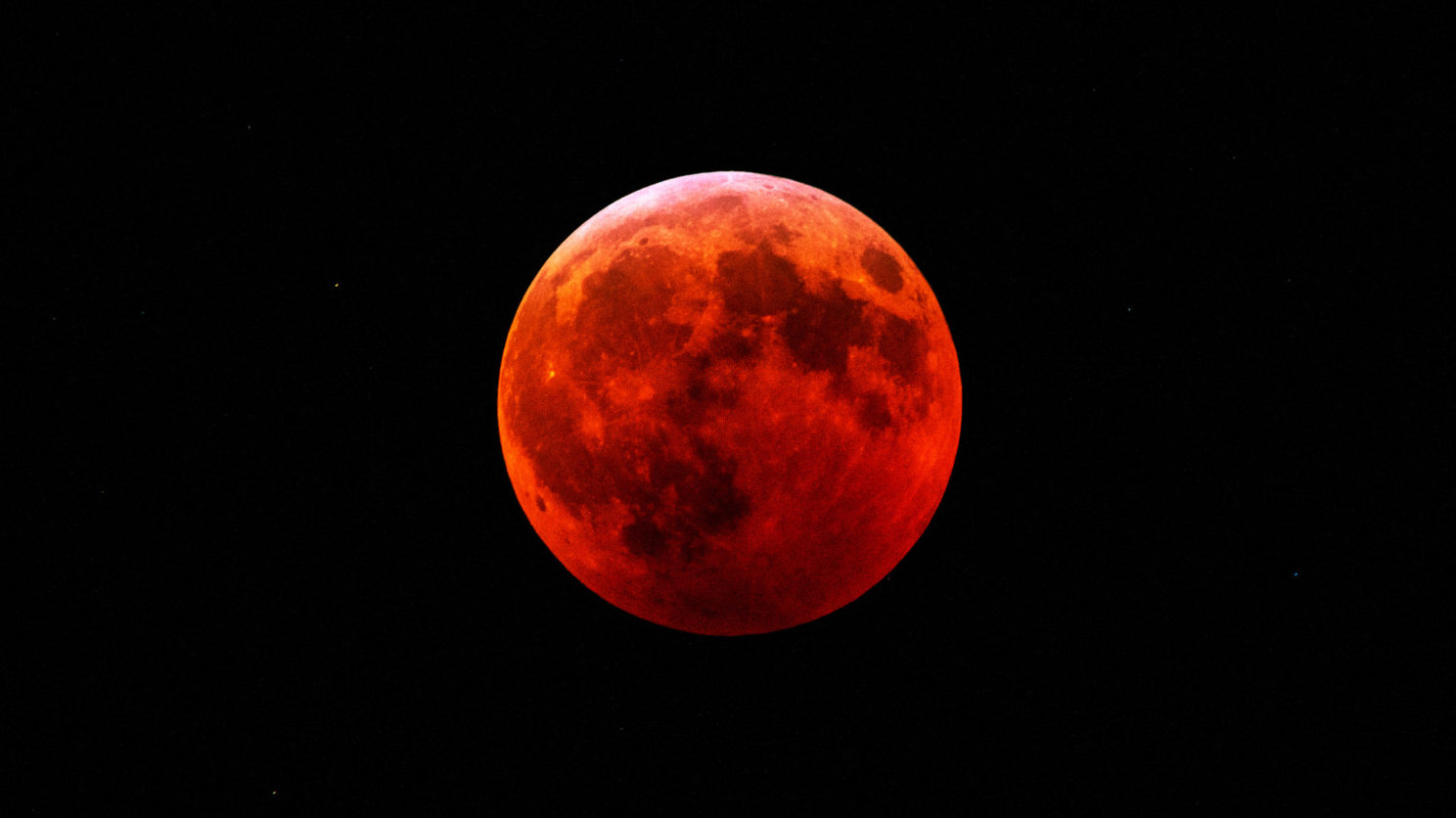The products and services mentioned below were selected independent of sales and advertising. However, Simplemost may receive a small commission from the purchase of any products or services through an affiliate link to the retailer's website.
The Leonid meteor shower and the second and final lunar eclipse of 2021 are happening this week.
The Leonids, November’s annual meteor shower, are active between Nov. 6 and 30, and the most activity is expected to occur early Wednesday morning, Nov. 17, and then again that night.
It’s during that second chance to see the meteors when lucky sky-watchers can also witness the lunar eclipse.
2021 Leonid Meteor Shower in Fits and Starts
The Leonid meteor shower has a history of intermittent activity, ranging from very little activity to shooting stars falling like rain.
Because of the nearly full moon while the shower is expected to peak, it may be a little more difficult to spot many meteors.
By watching during the early morning hours just before sunrise, the moon will be lower in the sky, and it’ll be easier to spot anywhere between 10 and 15 meteors an hour.

Most of the meteors will appear to radiate from the Leo the Lion constellation, which can be found in the eastern sky.
With the lunar eclipse occurring at roughly the same time, spotting a nearby meteor may just be a bonus while you’re observing the moon.
November 2021 Lunar Eclipse Longest in 500 Years
The partial lunar eclipse on Nov. 19, 2021 will be the longest partial lunar eclipse in more than 500 years.
The eclipse from start to finish will last about 6 hours and 2 minutes.

The last time a lunar eclipse lasted that long was Feb. 18, 1440, and the next will be on Feb. 8, 2669, making this a truly once-in-a-millennium event.
The Earth’s shadow will begin to move across the moon in the early morning hours at 1:02 a.m. Eastern on Nov. 19.
At its maximum, the moon will be 99% covered at 4:02 a.m. Eastern.
From there, the Earth’s shadow will move away from the moon until the end of the eclipse at approximately 7:03 a.m. Eastern.
Astronomy enthusiasts will have a lot to see this week as long as skies are clear.
Follow Meteorologist Jason Meyers on Twitter or watch one of his entertaining and educational YouTube videos.
This story originally appeared on Simplemost. Checkout Simplemost for additional stories.


